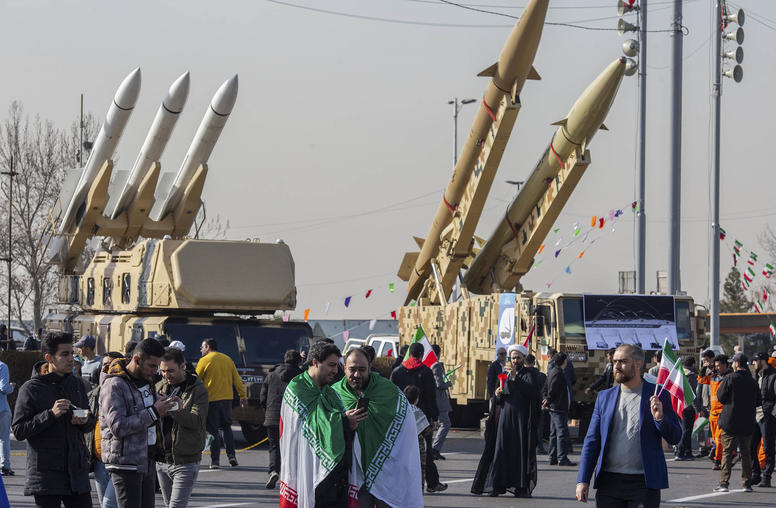Crisis in Lebanon: Sectarian Politics, Regional Dynamics and the U.N. Special Tribunal
On December 8, 2010 the U.S. Institute of Peace assembled a panel to examine the series of issues created by the U.N. Special Tribunal for Lebanon (STL) and what it means for U.S. policy towards Lebanon and in the region.
Tensions in Lebanon have escalated markedly over the past several weeks in anticipation of indictments from the United Nations Special Tribunal for Lebanon (STL). Speculation is rife that senior members of the Shiite militant organization Hezbollah will be named in the indictments, possibly triggering widespread street demonstrations by Hezbollah’s supporters, government collapse, and even sectarian strife. The tribunal issue in Lebanon embodies the multiple, complex challenges that confront the country: Sunni-Shiite tensions, Hezbollah’s weapons, confessional power-sharing and the role of regional players.
To help sort through the numerous complexities in Lebanon, a panel of experts provided their analysis on the various facets of Lebanon’s current crisis. Speakers addressed the political dimensions of the crisis with a particular focus on Hezbollah and its strategy, potential scenarios for sectarian unrest, and the role of regional players such as Syria, Saudi Arabia and Turkey.
Speakers
- Randa Slim
Independent Consultant
Former Jennings Randolph Guest Scholar, U.S. Institute of Peace - Aram Nerguizian
Scholar with the Arleigh A. Burke Chair in Strategy,
Center for Strategic and International Studies - Andrew Tabler
Next Generation Fellow, Program on Arab Politics,
Washington Institute for Near East Policy - Mona Yacoubian,
Director, Lebanon Working Group and Special Advisor, Center for Conflict Analysis and Prevention,
U.S. Institute of Peace



